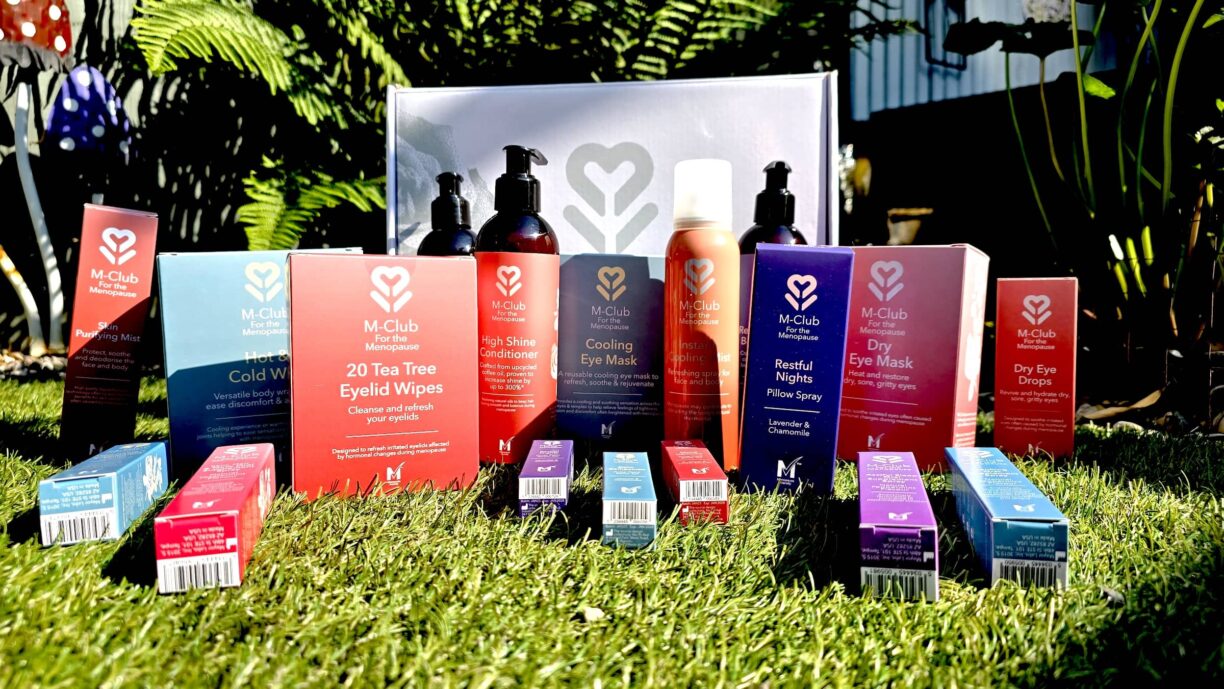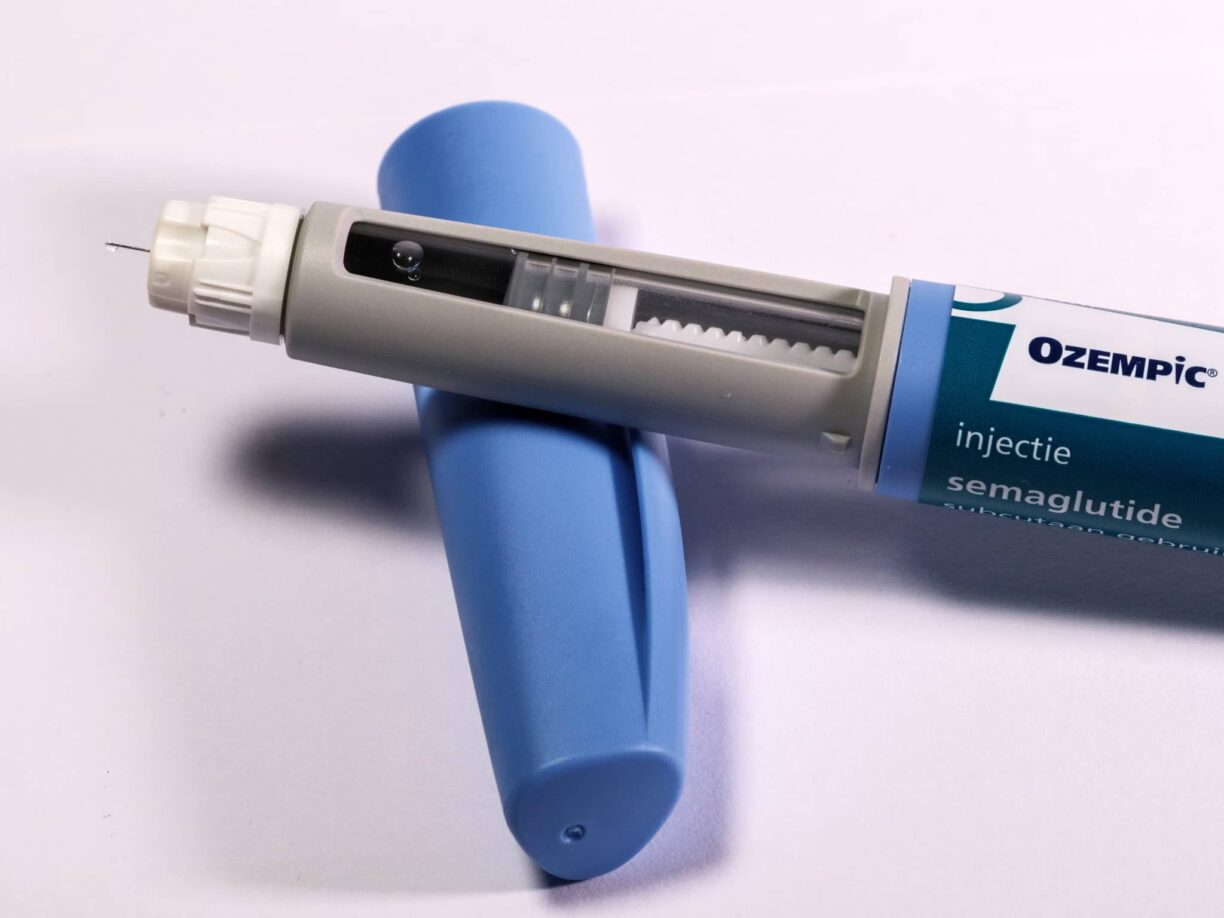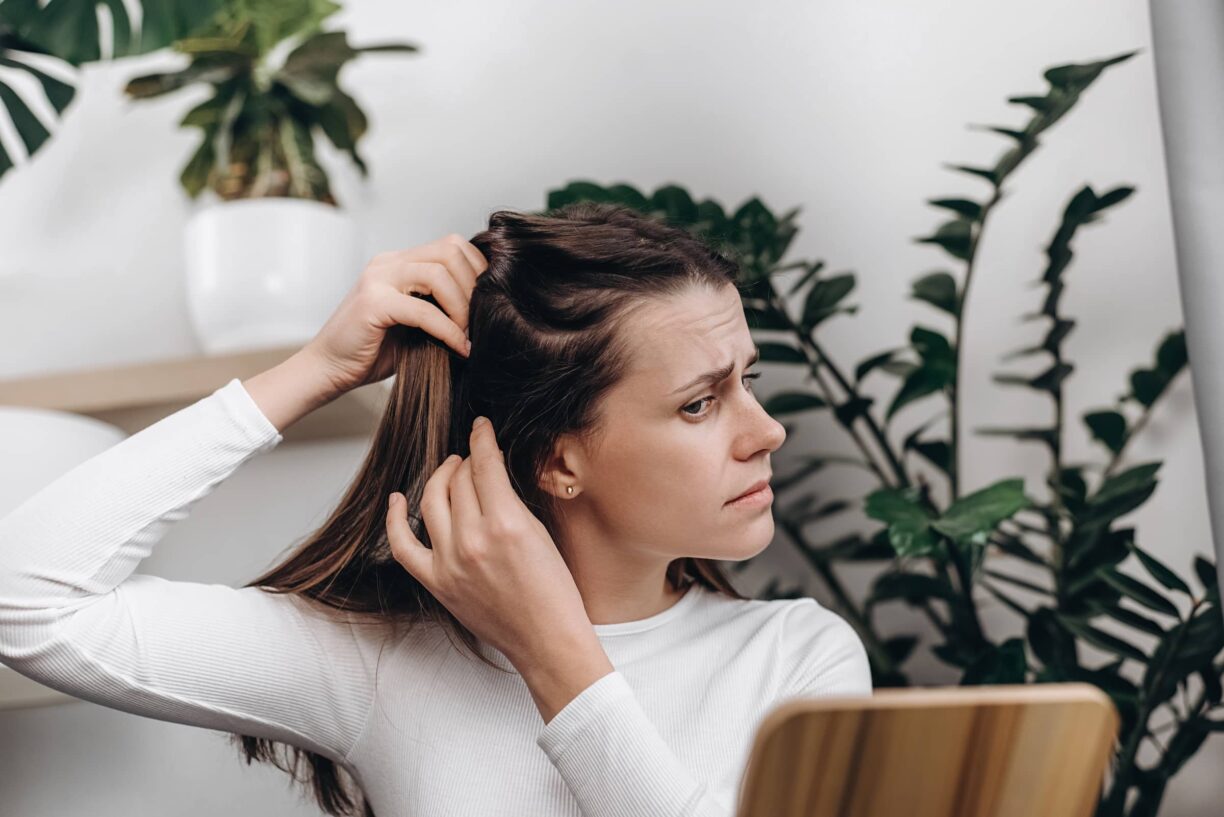You’re all set for a fun day in the sun with your wide-brimmed hat to shield you from the UV rays, and you have given your waterproof SPF 30 or higher plenty of time to absorb into your skin.
To play it safe, you have brought more suntan lotion to reapply after swimming or sweating. You are a dermatologist’s dream- or so you think!
Have you given any thought to what you applied to your skin the night before or that morning before your set out for your day? The answer is you probably have not if you have concocted a skincare regimen that works for your skin type.
The problem: What is effective for Winter, Spring and Fall, can cause significant photo-sensitivity (read burning) and other skin complications come Summer.
We turned to Dr. Manish Shah, a Board- Certified Denver, Colorado plastic surgeon to reveal what types of products/ingredients sun worshippers should avoid and what can serve as safe substitutes.
Dr. Shah explains that “Certain ingredients in products make people photosensitive. Photosensitivity (or sun sensitivity) is inflammation of the skin induced by the combination of sunlight and certain medications or substances. This causes skin redness and may look similar to a sunburn.
Both the photosensitizing medication or chemical and light source have to be present in order for a photosensitive reaction to occur. Consumers should understand that it is not brands of skincare that can make one photosensitive but rather the ingredients in those brands.”
According to Dr. Manish Shah
If you are planning to be in the sun, do not use the following types of products
Topical Acids Alpha and beta hydroxy acids such as glycolic, lactic, and salicylic acids can cause the skin to be more susceptible to sun damage from being regularly exfoliated. These ingredients are commonly used in anti-aging, skin-brightening, and acne-fighting products.
Alternative: While AHAs and BHAs only cause minimal photosensitivity, you wouldn’t want to risk feeling that stinging sensation on your face. There are alternatives. Azelaic acid, found in wheat, rye and barley—comes in handy during the day as it is useful in the treatment of acne, rosacea, melasma and post-inflammatory hyperpigmentation and is not associated with the sun-induced reaction.
Benzoyl peroxide – This is most typically found in acne products and can cause the skin to be very sensitive.
Alternative: Zinc. Zinc enhances the immune system and has anti-inflammatory properties. Another major role of zinc is to regulate cell production and turnover and reduce the amount of natural oil that your skin produces.
It prevents pores from clogging and subsequent acne formation. Zinc oxide is present in many physical sunscreens and is less likely to cause sun sensitivity. “So, wear a good sunscreen with zinc oxide,” says Dr. Shah.
Hydroquinone- Typically used in skin-lightening products. Although hydroquinone is stable in sunlight, it’s not advisable to use it during the day as the sun’s skin-darkening effects are stronger than hydroquinone’s bleaching effect.
Additionally, hydroquinone actually reduces your body’s ability to create enough pigment to protect your from UV rays.
Alternative: Vitamin C is an excellent alternative to hydroquinone, as it is an antioxidant and combats dark spots while also having anti-inflammatory and anti-aging properties.
Retinol and retinol derivatives encourage cell turnover, which exposes delicate, new skin. These newer layers of skin can be more sensitive to the sun. With enough sunscreen protection, newer formulations of retinol can be safely used during the day, but experts still advise limiting its use to nighttime especially for those who have sensitive skin.
Alternative: Bakuchiol is the new, clinically proven “natural retinol,” a powerful plant-based retinol alternative that decreases skin sensitivity to the sun. It is derived from the leaves and seeds of the babchi plant and helps to heal, calm and soothe the skin, via its anti-inflammatory and antibacterial properties.
Essential oils including bergamot, bitter orange, grapefruit, lemon, lime, and mandarin leaf can also cause sun sensitivity.
Alternative: It is best to choose FCF or “furocoumarin free” essential oils when in the sun, as these are not known to be “photosensitive” or cause reactions to sunlight. Furocoumarins are phototoxins which are produced by plants as a mechanism to ward off small animals or bugs. Common ones include Oxypeucedanin and Bergapten.
Examples of FCF essential oils are Bergamot FCF (Citrus bergamia), Blood Orange, Tangerine, and Red Mandarin.
Topical and oral prescriptions including antibiotics, antifungals, antihistamines, and anti-inflammatories can also cause sensitivity, so it’s vital to thoroughly read labels, instructions, and warnings as well.





